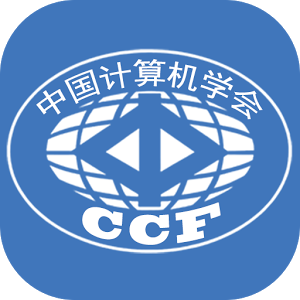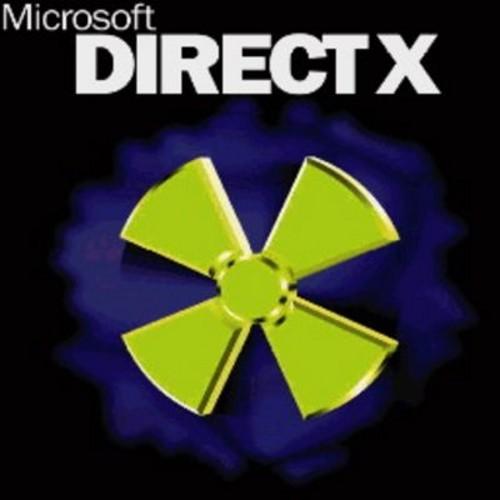微电子 | 国际会议信息1条
微电子
ICM 2018
Energy Efficient Cyber Physical Systems Special Session at 30th International Conference on Microelectronics
全文截稿: 2018-09-30
开会时间: 2018-12-16
会议难度: ★★
CCF分类: 无
会议地点: Sousse, Tunisia
网址:http://www.ieee-icm2018.org/img/CFP-SS-Dr.Patti.pdf
Last generation computing architectures have evolved from traditional standalone Embedded Systems to become complex environments where computational elements tightly interact with physical entities such as sensors networks and I/O devices. These systems, usually referred as Cyber-physical Systems (CPS), enabled a flourishing ecosystem of architectures and platforms where smart objects, users and communication infrastructures interact to support intelligent context-aware services and applications. Smart grids, medical monitoring, smart cities, distributed pollution and tracking are just a few examples of concrete applications that are gaining attraction among industries and institutions.
However, the mobility and pervasivity requirements of such environments impose energy consumption constraints that must be met in a context of increasing computational needs, due the processing of large amount of data coming from sensing and input devices. The conventional approach of providing such computational resources by means of cloud computing is becoming the limiting factor in the design of the future CPS, since the increased communication effort required to perform the data off-loading to external resources represents the major contribution to the overall energy consumption of the smart device. Due to the power hungry nature of the communication infrastructure, it can be envisaged a trend in which the smartness of the "things" will be even more shifted toward the things themselves rather than toward the cloud. Based on this, improving the computational capabilities of the smart objects in a even more limited energy envelope, becomes a key issue.
The workshop aims at exploring emerging approaches, ideas and contributions to address the challenges in the design of energy efficient computational-centric smart objects in CPS.
下载Call4Papers App,获取更多详细内容!


登录查看更多
相关内容
IFIP TC13 Conference on Human-Computer Interaction是人机交互领域的研究者和实践者展示其工作的重要平台。多年来,这些会议吸引了来自几个国家和文化的研究人员。官网链接:http://interact2019.org/
Arxiv
78+阅读 · 2019年11月10日
Arxiv
3+阅读 · 2019年1月28日
Arxiv
6+阅读 · 2018年8月16日





